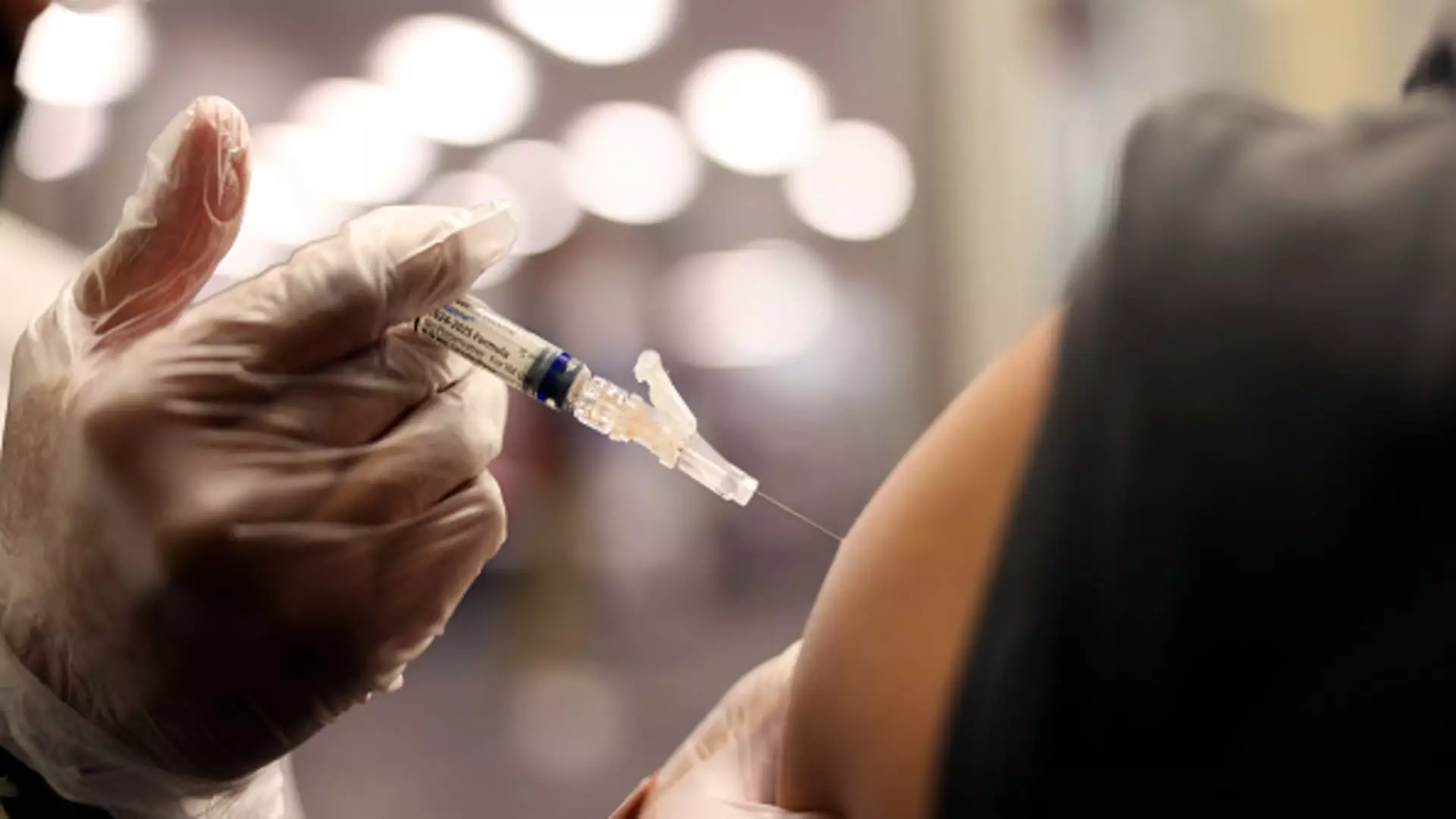The recent announcement by the Food and Drug Administration (FDA) regarding Covid-19 vaccine boosters marks a significant pivot in public health policy. This new regulatory guidance proposes stricter standards for the approval of Covid vaccines for healthy individuals, reflecting an urgent need for balance between safeguarding public health and maintaining trust in vaccination efforts. As the landscape of post-pandemic America evolves, it becomes imperative to critically assess how these changes will impact both vaccine development and public sentiment.
A Costly Path to Approval
The FDA’s decision to require more rigorous clinical trials preceding the authorization of vaccines for healthy Americans comes with its own set of consequences. While the emphasis on safety and efficacy is commendable—especially in an environment fraught with skepticism—these new standards are likely to detract from the swift approval processes that characterized early pandemic responses. For pharmaceutical companies, the implications are profound; conducting extensive clinical trials is not only financially burdensome but may also slow the dissemination of updated vaccines. Given the urgency of fighting Covid-19, should we be accepting such constraints?
Previously, the FDA’s approach to approving vaccines was largely based on an immunogenicity standard—one that measures antibody responses rather than actual outcomes. By shifting to a model requiring evidence of clinical benefits, such as reduced infections and hospitalizations, the FDA acknowledges that a one-size-fits-all policy is inadequate. However, this transition could lead to confusion and a potential backlog of approvals, ultimately compromising timely access to important vaccines for all, especially in the context of global health crises.
Risk Stratification: A Necessity or an Overreach?
Under the new guidance, the FDA successfully delineates high-risk groups—those over 65 or those with particular health conditions—from low-risk individuals aged six months to 64 years. This distinction is crucial in recognizing that all individuals do not derive the same benefits from Covid vaccines. The FDA leadership, particularly figures like Commissioner Marty Makary, advocates that the previous blanket recommendations for annual vaccinations for everyone are becoming obsolete. Importantly, it raises a critical question: Are we equipped to accurately determine who qualifies as “high-risk,” and could this create unnecessary barriers for individuals previously encouraged to get vaccinated?
The implications of this new system of stratification extend beyond mere categorization. As Makary and his colleague Vinay Prasad pointed out, the understanding of who benefits from additional doses is still muddied. They express skepticism about the value of repeat vaccinations, particularly in individuals who may have already developed some level of immunity—either through earlier infections or vaccination—possibly leading to disillusionment among those previously eager to receive boosters.
Public Sentiment and Trust Issues
Compounding the challenges posed by new approval processes is the troubling decline in public trust concerning vaccines. The data cited by the FDA indicates that fewer Americans are opting for Covid-19 shots, raising a red flag about the efficacy of broad vaccination campaigns. Less than 25% of Americans have received their annual boosters, with even fewer among vulnerable populations such as the elderly and children. This trend should serve as a wake-up call; the ‘once-a-year, everyone-gets-a-shot’ doctrine has been met with growing skepticism, and rightly so.
It begs the question: has the over-commitment to universal vaccination inadvertently fostered an environment of distrust? If the FDA’s goal is to enhance safety through more extensive trial requirements, it must also prioritize the restoration of public confidence. Effective public health messaging and a transparent decision-making process can bridge the gap between regulatory rigor and community acceptance.
Future of Vaccination Strategy
The FDA’s new vaccination framework paves the way for future pandemic responses by encouraging manufacturers to engage in randomized controlled trials as part of post-marketing commitments. While this may lead to more reliable data on vaccine effectiveness, it also raises concerns about maintaining sufficient availability in the face of emerging variants. The agency must consider how to balance the dual objectives of rigorous safety standards and timely vaccine distribution.
As we transition toward a more discerning approach to vaccination, the implications extend beyond Covid-19. Any perceived reluctance for transparency regarding vaccine efficacy will continue to diminish trust across all vaccination efforts. A future overhaul of our public health policies must not solely be focused on regulation but rather on fostering a cooperative relationship between health authorities and the public—a relationship built on trust, understanding, and shared objectives for health and safety.

